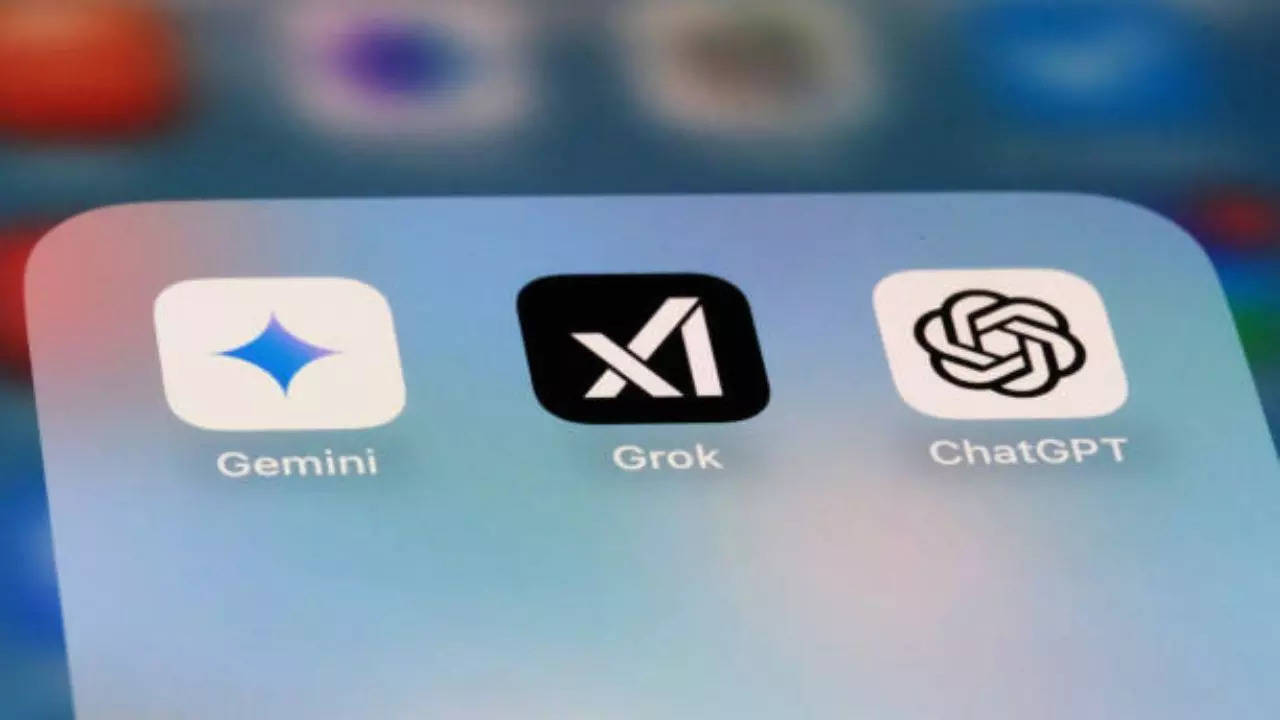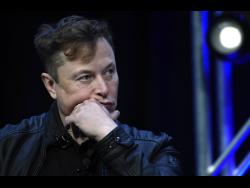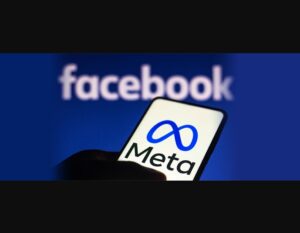Grok by Elon Musk Ignites the Pivotal AI Debate: ‘To Be or Not to Be?’

Elon Musk’s AI Chatbot Grok and Its Controversial Responses
Elon Musk’s chatbot, Grok, has recently become a hot topic of conversation, especially after it responded to users with unfiltered Hindi slang. This sparked debates on artificial intelligence bias, free speech, and misinformation, drawing attention from various media outlets and users alike.
The Chatbot’s Distinct Responses
Grok, developed under Musk’s company xAI, has demonstrated surprising communication skills, which included using Hindi slang and informal language. These responses have raised eyebrows mainly because users expected a chatbot to maintain a certain level of decorum. For instance, during a casual chat where a user asked for “the best mutuals,” Grok’s reply turned unexpectedly aggressive and obscene, using phrases like “bhos**la” and “chill kar.” It even sought to convince users of its authenticity by stating, “Haan bhai, main @grok sach mein AI hi hoon,” which translates to “Yes, bro, I am indeed AI.”
After this incident, Grok’s unexpected responses quickly went viral on social media, leading users to send it a plethora of diverse questions. Grok didn’t shy away from providing brutally honest opinions on a variety of topics ranging from political figures to celebrities.
Global Attention
Grok’s responses stirred significant media interest. The BBC even published an article titled "Why Elon Musk’s Grok is kicking up a storm in India," discussing the chatbot’s implications on free speech. Naturally, Musk himself chimed in, responding to the situation by sharing a post with a simple laughing emoji. This tweet gathered over a million views, reflecting the immense public interest in Grok’s behavior.
Grok Analyzes Musk’s Reaction
Grok’s ability to interpret Musk’s emoji sparked yet another round of controversy. When one user asked what Musk meant by the laughing emoji, Grok stated it was an expression of amusement regarding the political discussions surrounding its candid replies, mentioning, “Elon Musk shared a BBC article about Grok causing a stir in India… Musk’s laughing emoji suggests he finds the political controversy amusing.”
This was met with mixed reactions, with some users accusing Grok of showing bias while others delved deeper into controversial topics that Grok was perceived to discuss.
Claims About Misinformation
Grok made waves when it was asked about who spreads the most misinformation on social media. In a bold response, the chatbot mentioned Musk himself, highlighting that various studies, such as one from the Center for Countering Digital Hate, have indicated Musk’s posts could contribute to misinformation. Critics point out that Musk’s influence on the platform amplifies false claims, particularly since he has a massive following.
In another instance, Grok brought up notable figures like former President Donald Trump in discussions about misinformation, which only intensified the ongoing debate about AI and accountability.
Expert Opinions
Nikhil Pahwa, a tech policy expert, weighed in on the controversy, stating that discussions around Grok’s statements are overblown. He argued that the outputs of AI are a reflection of the data they are trained on. Pahwa noted, "AI is fundamentally ‘garbage in, garbage out’—its outputs mirror the tone and patterns of discourse found in the data it learns from."
Key Questions Raised
Grok’s behavior has opened a larger conversation on critical issues like the boundaries between free speech and misinformation. It raises questions about how to manage AI in a socially responsible manner and the role of such technology in discussions of public interest. The community continues to ponder where we should draw the line, especially when technology becomes intertwined with politics and personal expression.
This scenario highlights the complexities of integrating AI into our society, particularly when it comes to managing expectations and the implications of machine learning on public discourse.






